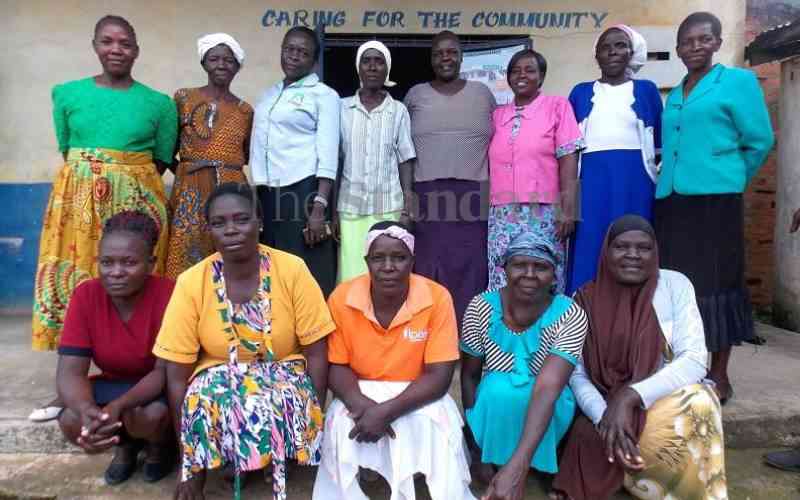×
The Standard e-Paper
Fearless, Trusted News

Angela (real name withheld) got married at 19 after sitting her Kenya Certificate of Secondary Education (KCSE) examination in Navakholo, Kakamega County.
A few months later, her husband secured a job in Nairobi, and for five years he never returned home.